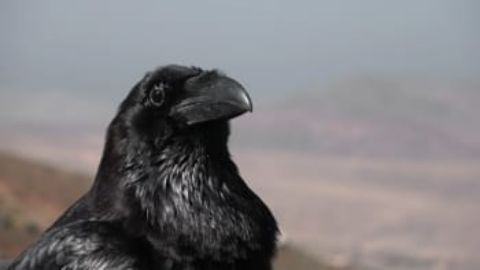Land of Rivers • 2008 • episode "Part 3" • Hidden India
In the final episode of "Hidden India, the Ganges is central. This mighty river flows through the heart of the nation, from deep in the Himalayas to the widespread delta mangrove forests and behind the wide blue ocean. She carries valuable nutrients, and irrigates the fertile soil of Asia. Moreover, there is in the wilder parts - far beyond the cities - to discover many hidden nature. Hidden beaches are a haven for tens of thousands of young turtles in mysterious swamps houses playful mudskippers and otter families enjoy themselves in the flowing water.
Make a donation
Buy a brother a hot coffee? Or a cold beer?
Hope you're finding these documentaries fascinating and eye-opening. It's just me, working hard behind the scenes to bring you this enriching content.
Running and maintaining a website like this takes time and resources. That's why I'm reaching out to you. If you appreciate what I do and would like to support my efforts, would you consider "buying me a coffee"?
Donation addresses
BTC: bc1q8ldskxh4x9qnddhcrgcun8rtvddeldm2a07r2v
ETH: 0x5CCAAA1afc5c5D814129d99277dDb5A979672116
With your donation through , you can show your appreciation and help me keep this project going. Every contribution, no matter how small, makes a significant impact. It goes directly towards covering server costs.








